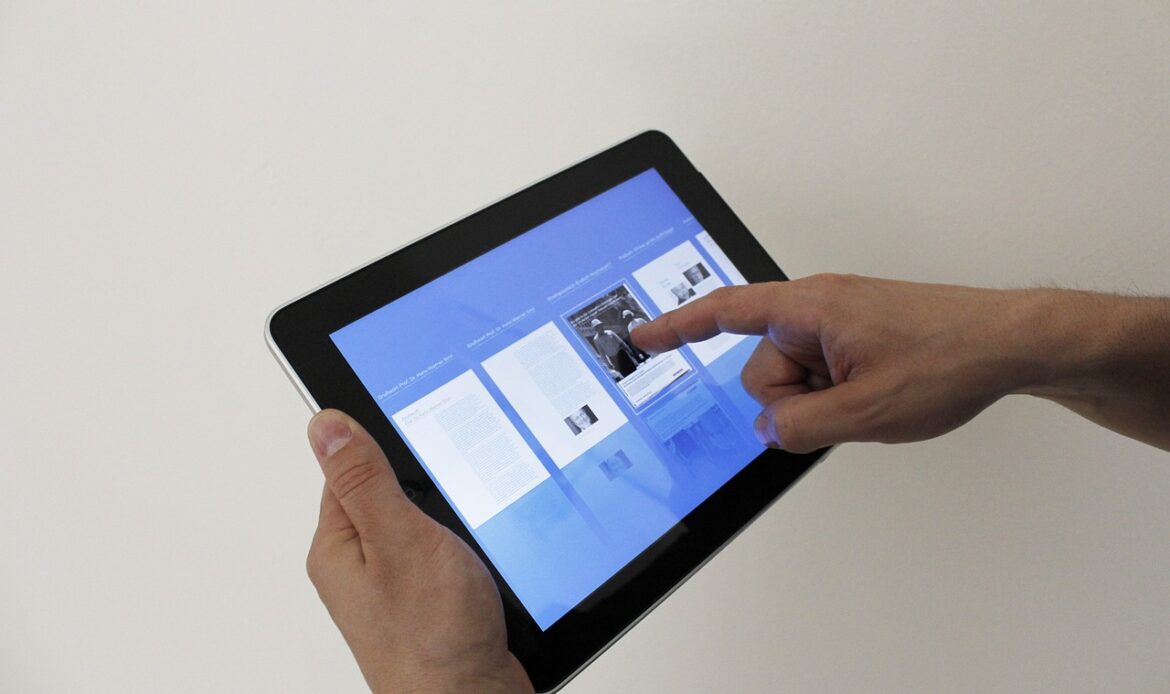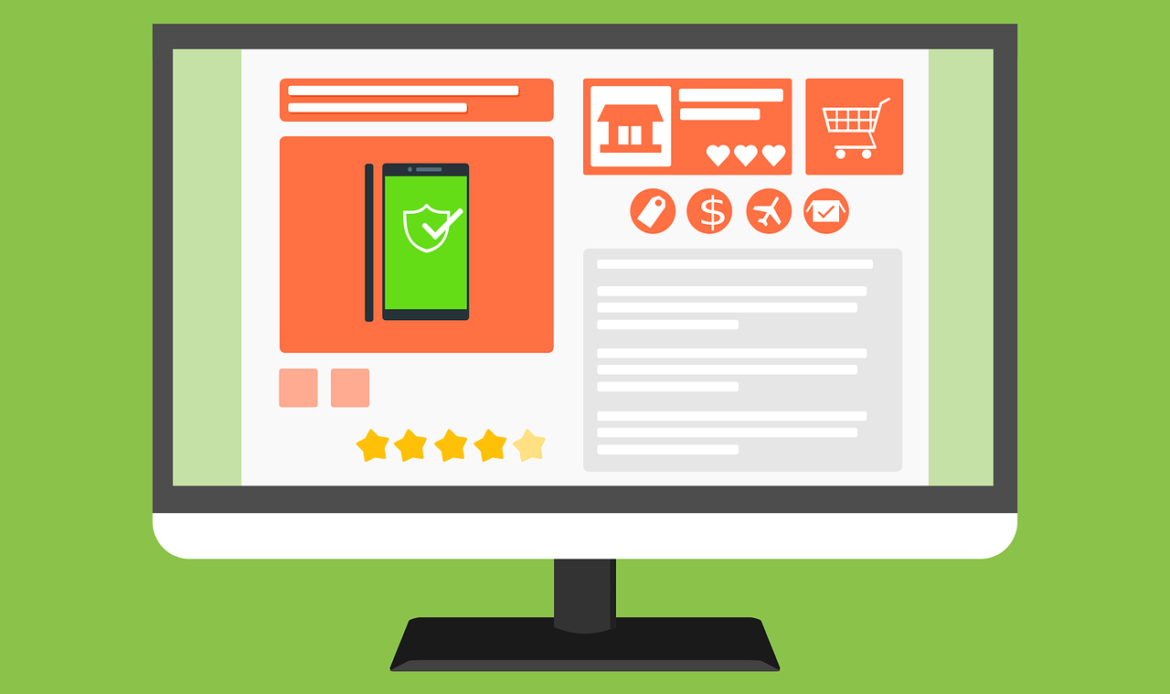Anywhere users interact with digital interfaces, usability plays a fundamental role in ensuring a positive and satisfying experience, which is why web usability has become a key factor for the success of any marketing strategy.
As users become more demanding, it is essential to offer them a fluid and satisfying experience when interacting in any digital environment. Web usability is applied in various digital environments, such as web pages, mobile apps and ecommerce platforms.
What is web usability?
Web usability refers to the ability of a digital environment to be easily used and understood by users. It involves designing intuitive interfaces, simplifying navigation, and ensuring that visitors quickly find the information they are looking for.
While web usability focuses on the ease of use of a digital environment, user experience (UX) refers to the user’s general perception when interacting with an interface, including emotional and subjective aspects. Key points for web marketing.

Features of web usability
Web usability focuses on facilitating interaction and navigation, ensuring that users can access information and use functions quickly and easily.
Some essential characteristics of web usability are:
- Clear navigation and intuitive structure.
- Responsive design to look good on any type of device.
- Fast charging times.
- Content readability.
- Simplified forms and processes.
- Provides visual and verbal feedback when users perform actions.
- Textual or visual confirmation message that an action has been completed.
- Accessibility.
Advantages of web usability
From the user’s perspective, applying excellent web usability generates different advantages, since it allows intuitive navigation, facilitates the search for information, saves time, avoids frustration and provides a more pleasant experience. These positive factors generate trust in the user and encourage loyalty to the brand.
Great web usability provides key benefits to users by offering ease of use, clear navigation, quick access to information, unhindered interaction, and adaptability to different devices. These benefits contribute to a more satisfying online experience.
How web usability helps marketing
Web usability benefits marketing in multiple ways, since by prioritizing usability in the design and development of a digital environment, companies can obtain more effective results in terms of lead generation, customer acquisition and online business growth.
A website with good usability improves its development, since it allows you to capture the attention of visitors and guide them towards the desired conversion, such as the purchase of a product or the generation of leads, in fact with only a second to complete. loading a web page could reduce your conversion rate by 20%.
Web usability also plays an important role in inbound marketing, since an easy-to-use website allows you to attract visitors and retain their interest through relevant content and clear calls to action. In addition, by facilitating navigation and interaction, it contributes to improving the conversion rate and customer retention.

It is important for web marketing because it directly affects online marketing strategies. If a digital environment is easy to use and offers a satisfying experience, visitors will be more willing to interact with the content and share it on their social networks. This increases brand visibility and reach, generating greater organic traffic.
By simplifying navigation, presenting information clearly, and offering seamless interaction, you make it easier for users to take desired actions, such as a purchase, subscription, or filling out a form.
Who is responsible for applying web usability
The application of web usability falls on different roles within a web team. It is important to highlight that usability is a joint effort that involves multiple professionals. Working collaboratively and considering design, development, and content perspectives is critical to achieving effective usability and a successful user experience in a digital environment.
For example, designers are in charge of creating intuitive and attractive interfaces, programmers are responsible for implementing the required functionality, a web builder guarantees a clear and coherent structure, communication experts are responsible for creating relevant content and applying inbound marketing; while data analysts obtain information about user behavior on the website. Today, there are even new roles in companies such as web usability expert or UX specialist.

How a CRM helps generate better web usability
A CRM (Customer Relationship Management) can be a valuable tool for improving web usability, as it allows you to create your website for free and store user data from multiple customer portals. It provides information about your preferences and behaviors, allowing you to personalize the experience and adapt the website to the individual needs of each user.
With the information concentrated in the CRM, the content and functionalities can be adapted according to the needs of each user, since you can have a digital kit that supports you in all your strategies. Additionally, you will be able to perform precise customer segmentation to direct specific messages to each customer group.
Usability is a fundamental component for digital environments and plays an essential role in marketing strategies. Offering users an intuitive and satisfying experience not only improves customer retention, but also increases brand visibility and promotes customer loyalty.
By considering and applying web usability principles in designing and creating web pages, companies can achieve their marketing objectives more effectively, generating a strong connection with their audience in the digital world.